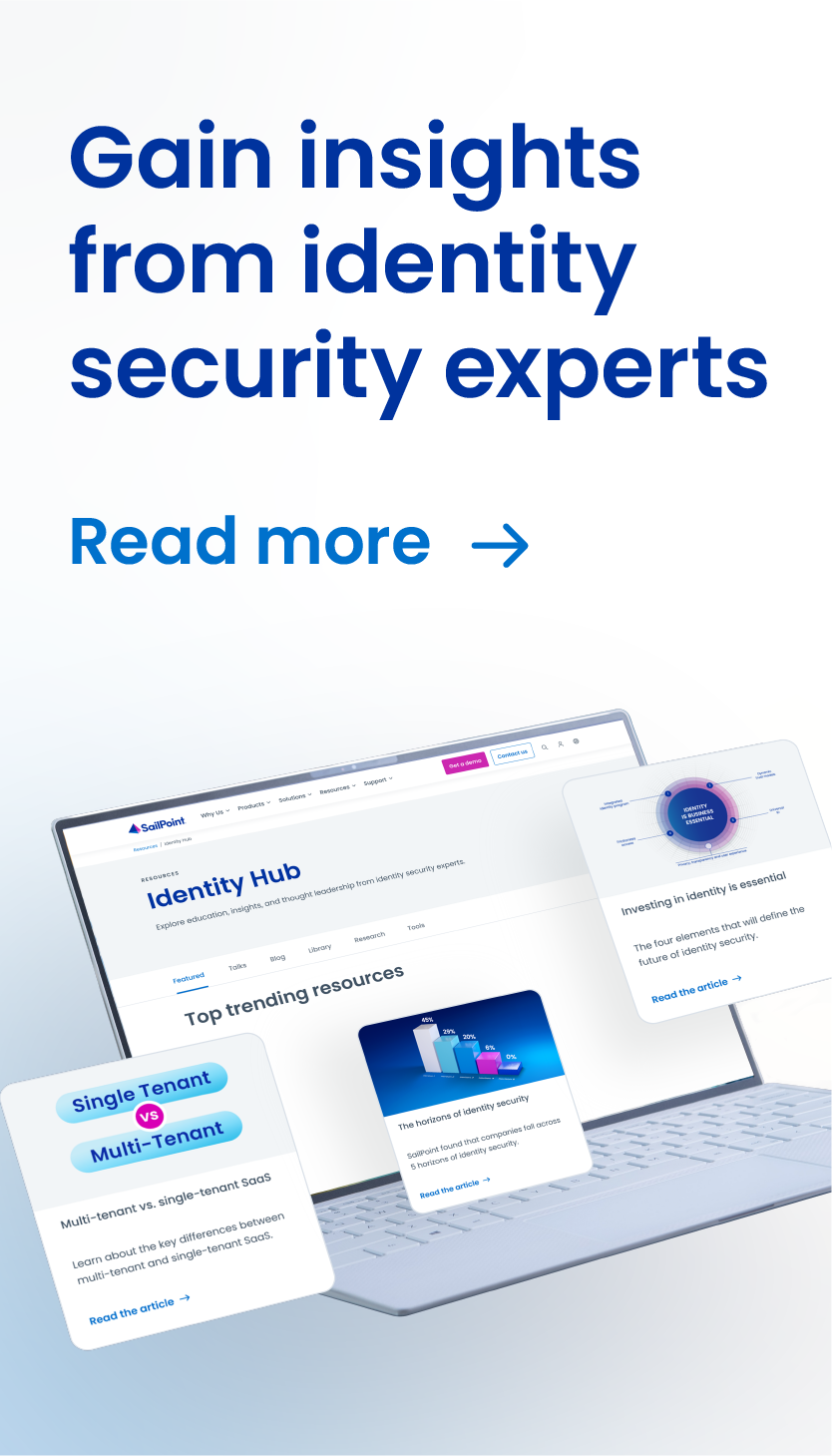How Scams Have Shape-Shifted in the Age of Identity
Dear Sir/Madam,
It has come to my attention that your distant relative, a noble member of the Nigerian aristocracy, has left you with $5 million in the event of his passing. ….
Who among us hasn’t received news of a financial windfall like the one above over the past decade? Few people have as much infamy in the internet age than the Nigerian Prince. Though nobody knows this person by face or even name, nearly all of us have been offered a handsome inheritance by this elusive royal.
Scams pre-date the internet. Humans have been finding ways to get what they want by nefarious means since the dawn of time. And people have been falling for it for just as long.
Where once a ‘confidence man’ in a funny hat may have wandered in off the streets in an attempt to swindle some small business owner out of a few hundred bucks, now sits an anonymous person who can dig out trenches of information and take the shape of anyone they would like. This age of sharing and connectedness allows scams to thrive in a petri dish of information.
With the internet, protecting our identities takes on a whole new meaning. It requires an active effort to protect them with the tenacity of a thousand Nigerian princes. In this age of intense sharing – our names, birthdays, addresses, weekend plans, shopping lists and the beat goes on – identity as a proxy for scams has never been more tangible.
When we look closer into how scams happen in the digital age, identity is central to the success or failure of the scam. Even scams pre-internet often required the scammer to convince people that they were someone to be trusted.
Our transparency has become our biggest weakness, as the ability to take the form of another person – real or fake – permeates our lives. All it takes is the click of a link in a phishing email, the oversharing of one critical piece of information or the leak of one reused password that allows a scammer to simply fly under the radar under someone else’s persona.
Our identities connect us to our friends, family, co-workers and clients, and it transcends the boundaries that once existed between our personal lives and work lives. So how do we both embrace our digital identities and protect them?
Trust No One
Zero-trust is a concept that has taken hold in the identity community. In your business, that should be baseline at this point, but it’s high time we all start adopting this as our personal baselines. Before giving anyone access to your information, verify that they are who they say they are. Verify that your information won’t be shared with people you didn’t intend to share it with. Your data is currency, and in the wrong hands can cost you greatly!
Think Before You Click
Worldwide, email scams are costing businesses and consumers well over $12 billion annually. It’s a testament to the impact a simple link click can have a tidal wave effect. The best course of action is to scrutinize every email you get: hover over links before clicking, and don’t enter information into forms without being totally sure that you’re not handing over the keys to your digital identity in the process.
Wear Layers
Much like we protect ourselves from the risks of the elements in the physical world with layers of protective clothing to the ways we lock our homes, protecting yourself from being a target in the first place is key. Making things harder for scammers means you are less likely to feel the shockwave of consequences if you do fall victim to a scam. Those layers include things like keeping your software up to date, using two-factor authentication, and simply slowing down and thinking before acting.
It takes little effort these days to believably shapeshift into another person, as the costume and theatrics are largely no longer necessary. And so, it has never been more important than right now to see identity as the agent of our futures, the future of our businesses, and then, protect it fiercely.
We have partnered with Scams Awareness Week to help bring awareness to all the ways we can protect ourselves online. Check out their guide to avoiding being scammed online.



Discussion